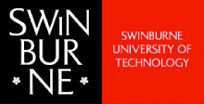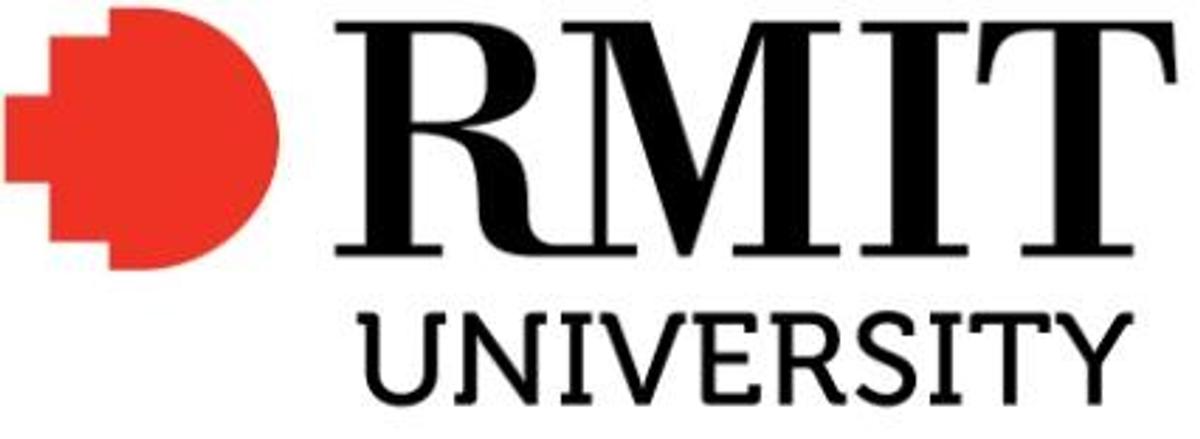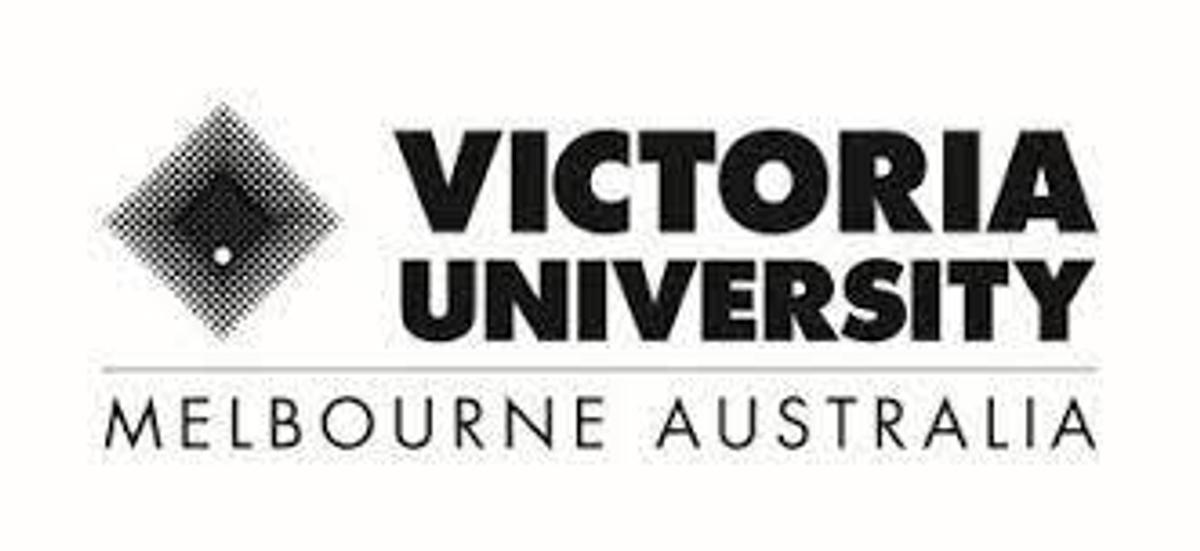What the universities say...

Bachelor of Learning Design & Technology
The Bachelor of Learning Design & Technology offered at the Clayton Campus is designed for students who love of creativity, technology or psychology to explore how we best navigate new challenges and technologies, from artificial intelligence and simulations to corporate training and career development.
Apart from learning design, the skills gained in this course means students can pursue roles in marketing, human resource development, instructional media and game development, training, and project management. This course requires students to undertake off-campus industry experience. Industry experience, also known as work-integrated learning (WIL), provides students with opportunities to integrate academic learning with workplace experience. The VCE prerequisites are Units 3 and 4: a study score of at least 27 in English as an Additional Language or at least 25 in English other than EAL, and an ATAR of 70.00 was required for 2024 entry.
New Important Pathway – the Diploma of Higher Education (DoHE) offers a 1-year pathway option into the Bachelor of Learning Design & Technology. Students who pass all eight units in the Learning Design and Technology stream and achieve a minimum weighted average mark of 60% in DoHE will be eligible to receive up to one year of credit into the Bachelor of Learning Design and Technology at the Clayton campus, thus entering the second year of the Bachelor of Learning Design and Technology.
Pathway to Physiotherapy
Monash University recently introduced the new Doctor of Physiotherapy, a three-year graduate-entry degree based at the Peninsula campus. This offers students with a passion for physiotherapy another pathway to a qualification, if unsuccessful in their application to the Bachelor of Physiotherapy (Honours). A Monash Bachelor of Biomedical Science, Science, or Health Sciences degree is a great foundation for the Doctor of Physiotherapy. Students must meet specific unit requirements.
Find out more at Doctor of Physiotherapy.
Major in Bachelor of Business
Deakin University offers a major - Recruitment and Talent Acquisition – in its Bachelor of Business in response to industry demand. Designed in consultation with industry (the Recruitment, Consulting and Staffing Association), graduates of this major will become qualified and sought after recruitment professionals. They will build their careers identifying and securing the talent that keeps organisations going. Based in the discipline of Human Resource Management, a strength of Deakin Business School, this major develops a unique skill set for recruitment careers. It combines human resources foundations, recruitment technologies, brand management, employment relations and the specifics of talent acquisition. All these skills will be reinforced with work integrated learning and a business capstone unit.
Find out more by browsing Recruitment and Talent Acquisition major.
Advanced Diploma of Building Design (Architectural)
Become familiar with optimal building design and its role in creating new residential, industrial and commercial buildings with the Advanced Diploma of Building Design (Architectural).
During this two-year course students learn how to produce quality construction plans in both 2D and 3D software, as well as developing business management, problem solving and computer-aided drafting skills. Upon graduation, students receive a recognised accreditation by the Victorian Building Authority – the educational requirement to become a drafting practitioner. Graduates may work for building designers, draftspersons, builders, architects and other design professionals. Many students go on to study the Bachelor of Design (Architecture) and receive credit for some of the units they completed in the diploma.
Pathway to Federation University
If you thought that university was not for you because you don’t have the academic background or the study skills, or if you have finished year 12 but do not have the entry requirements you need to start a degree, the Foundation Access Studies program (FAST) may be the pathway for you.
Students who have completed the VCE Major or an unscored VCE can apply for the Foundation Access Studies (FAST) Program at Federation University.
FAST is a single semester program designed to teach students effective study techniques, including academic writing, research, use of university systems and how to apply these skills to their studies. When students have successfully completed FAST, they are guaranteed a place in one of Federation University's undergraduate degrees.
All applicants who have not met the English and Maths pre-requisites through their Year 12 results will be required to complete a literacy and numeracy test to determine their eligibility for admission. In order to qualify for entry into FAST for Engineering, applicants need to complete the Technical Maths entry test.
Applications to the FAST program should be made via VTAC. FAST is the only prerequisite required for many of Federation’s bachelor’s degree programs.
More information on Foundation Study of Access Program (FAST) can be found here.
Electronic and Computer Systems Engineering
RMIT offers the Bachelor of Engineering (Electronic and Computer Systems Engineering) (Honours) program which merges the electronic, computer systems and telecommunications engineering programs all into one. Students are able to develop fundamental skills in each field and then choose to specialise in one or more areas based on their interests and career goals. Graduate gain skills that enable them to find better solutions to challenges in the design, construction and maintenance of embedded systems, firmware development, electronic hardware, communication and network systems. Browse Electronic and Computer Systems Engineering to find out more.
- Studying Osteopathy at VU
Osteopaths diagnose, treat and provide preventative advice about disorders that affect the body's musculoskeletal system, using manual techniques to alleviate stresses and dysfunction to improve the body's function (Good Universities Guide - Osteopath)
VU offers one of only three of these accredited programs in Australia. Core studies include anatomy, osteopathic science, physiology, and biochemistry. Students undertake fieldwork and clinical practice to prepare them for their osteopathy career. Students considering a career in osteopathy need to complete the Bachelor of Science (Osteopathy) first; this is a 3-year course and provides an entry into an osteopathy career. Completion of the Bachelor of Science (Osteopathy) course alone does not make graduates eligible for registration as Osteopaths. Students must also complete the Master of Health Science (Osteopathy) in order to be eligible to register as an Osteopath. So, the double degree program is:
- Bachelor of Science (Osteopathy) – 3 years
- Master of Health Science (Osteopathy) – 1,5 years
On completion of both programs, students will be eligible for:
- registration with the Osteopaths Registration Board of Victoria
- registration as an Osteopath in all other Australian states
- membership with the Australian Osteopathic Association
For further information about registration requirements, visit the Australian Health Practitioner Regulation Agency website.
VU has a an Osteopathy Clinic which usually operates over 45 weeks per year, and students are required to attend clinical sessions on a rotation basis including outside of semester hours to maintain a public service and provide continuity of patient care. Clinical training, including fieldwork, is crucial in the preparation to becoming an Osteopath. For more information about studying osteopathy at Victoria University, visit Osteopathy at VU.
- Important Notice: Bachelor of Architectural Design
Students are advised that the Bachelor of Building Design has now changed to the Bachelor of Architectural Design. This design degree focuses on using sustainable design methods, and incorporates ideas from the circular economy, such as reusing, repurposing, refurbishing, recycling, and repairing to reduce waste and pollution.
Graduates from the Bachelor of Architectural Design have the option to continue their studies by pursuing a Master of Architecture, which is necessary if they would like to become a registered architect.
The VCE requirements are Units 3 and 4: a study score of at least 25 in English (EAL) or 20 in any other English. Plus, any Maths Units 1 and 2 except Foundation Maths or Foundation Maths Unit 3 or 4 with a study score of 20.
Currently applications are to be made directly to VU and not through VTAC for 2025 entry. Students keen on applying should browse the above link.






